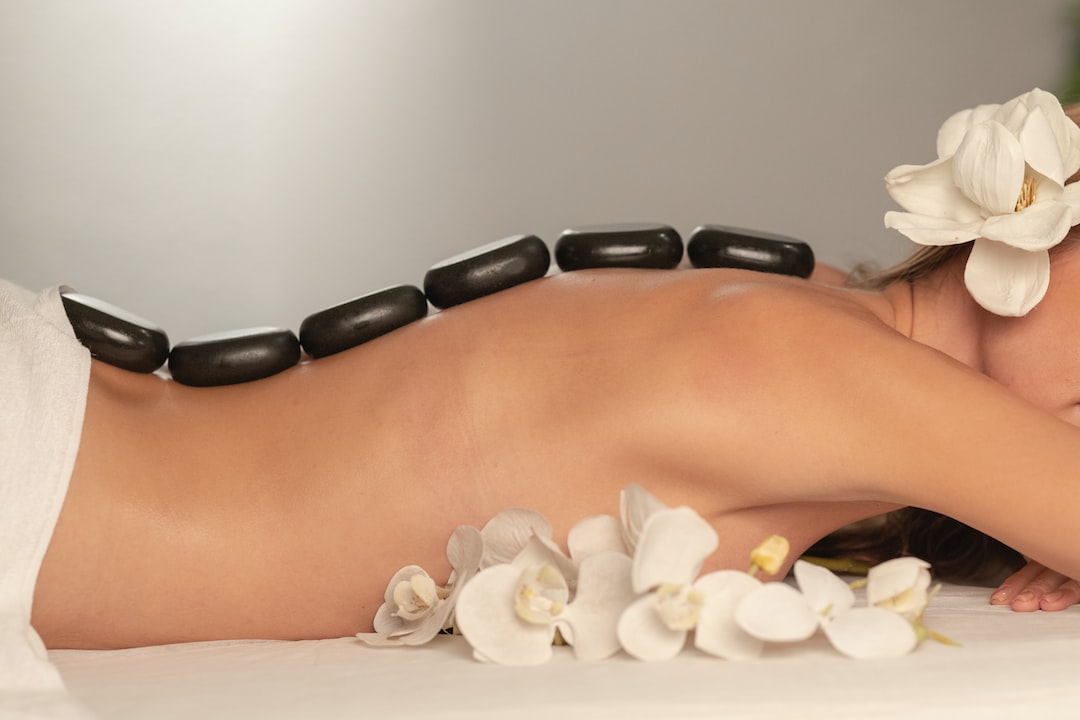The Science Behind Aging and Effective Anti-Aging Remedies
Aging is an inevitable part of life that affects every living creature on our planet. As we grow older, our bodies undergo a series of changes that can impact our overall health and appearance. But have you ever wondered what causes these changes and more importantly, if there are any effective remedies to combat them? In this blog post, we will explore the science behind aging and delve into some proven anti-aging strategies.
To understand the science of aging, we must first explore the role of our cells. Our bodies are composed of trillions of cells, each with a specific function. Over time, these cells undergo a process known as senescence, where they lose their ability to divide and function optimally. As a result, various signs of aging start to manifest, including wrinkles, grey hair, and a decrease in physical and cognitive abilities.
One of the leading theories explaining cellular aging is the Telomere Theory. Telomeres are the protective caps found at the ends of our chromosomes, and they act as a safeguard for our DNA during cell division. However, with each division, telomeres become shorter until they reach a critical point where the cell can no longer divide. This process, known as telomere attrition, is believed to be a major contributor to the aging process.
Another key player in aging is oxidative stress. Our bodies constantly produce reactive oxygen species (ROS) as a byproduct of normal cellular metabolism. However, excessive ROS production or inadequate antioxidant defenses can lead to oxidative stress, damaging cellular components like DNA, proteins, and lipids. This oxidative damage accumulates over time and is implicated in various age-related diseases such as cancer, diabetes, and neurodegenerative disorders.
So now that we understand the underlying mechanisms of aging, what steps can we take to slow down or reverse this process? Countless anti-aging products flood the market, promising miraculous results. However, it is crucial to separate fact from fiction and focus on evidence-based strategies.
First and foremost, lifestyle factors play a crucial role in determining how we age. Eating a balanced diet rich in fruits, vegetables, and whole grains provides us with essential nutrients and antioxidants. Antioxidant-rich foods help counteract the damaging effects of oxidative stress, promoting healthier cells and overall well-being. It is also important to limit our intake of processed foods, refined sugars, and unhealthy fats as they can accelerate the aging process.
Regular exercise has also been shown to have a profound impact on aging. Physical activity not only improves cardiovascular health but also stimulates the production of growth factors that promote tissue repair. Additionally, exercise helps maintain muscle mass and bone density, both of which tend to decline with age. Engaging in moderate-intensity exercise for at least 150 minutes per week has been associated with a myriad of anti-aging benefits.
Another approach to combating aging is by targeting the mechanisms that drive it at the cellular level. Certain compounds called senolytics have been identified that can selectively eliminate senescent cells, thus rejuvenating tissues and slowing down the aging process. These compounds show promise in combating age-related diseases and promoting healthier aging.
Furthermore, advancements in skincare have yielded innovative anti-aging solutions. Retinoids, derived from vitamin A, have been extensively studied and shown to increase collagen production, reduce wrinkles, and improve skin texture and tone. Additionally, ingredients like hyaluronic acid, peptides, and antioxidants have demonstrated their ability to enhance skin health and combat the signs of aging.
Lastly, it is essential to emphasize the significance of protecting our skin from harmful UV rays. The sun’s ultraviolet radiation is a major contributor to premature skin aging. Using broad-spectrum sunscreen, avoiding excessive sun exposure, and wearing protective clothing can go a long way in maintaining youthful-looking skin.
In conclusion, the science behind aging sheds light on the cellular processes involved and the factors that contribute to the visible signs of aging. While aging is inevitable, adopting a healthy lifestyle, incorporating evidence-based anti-aging strategies, and utilizing effective skincare methods can undoubtedly slow down the aging process and help us age gracefully.


